Meet Rajeesh, The Man Who Has To Live With Our Plastic Pollution
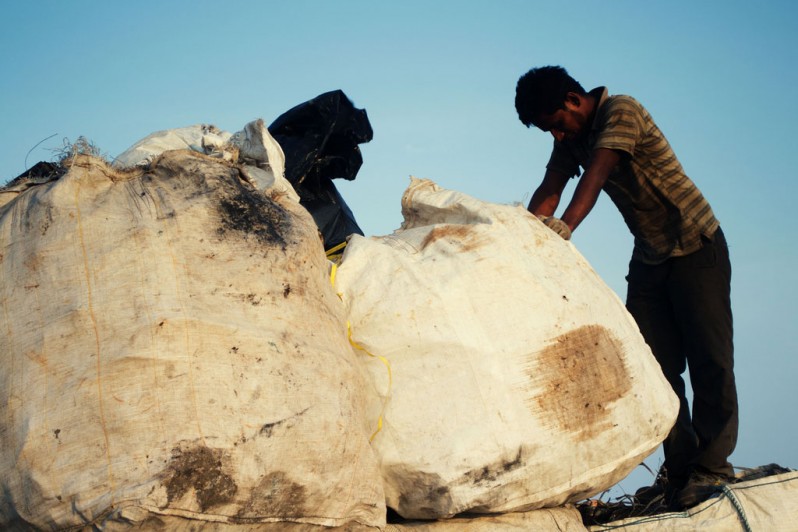
Imagine if you were confronted with overwhelming plastic pollution every single day.
Beautiful Vacation Destinations Overtaken By Trash
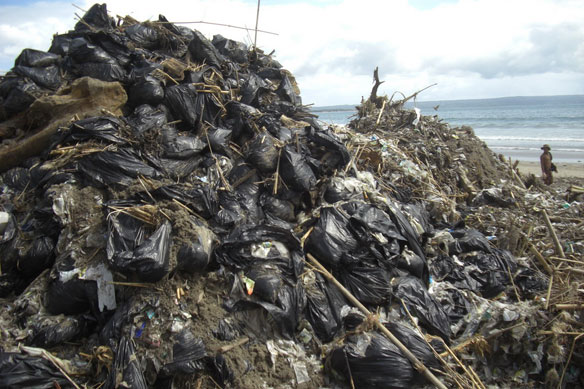
By 2025, the amount of waste we produce as a planet is set to exceed 2.2 billion metric tons a year, and by 2100 we will be churning out more than 11 million tons a day. As a result many of our world’s most beautiful and historic destinations are being buried under mountains of trash. Here are some of the worst.
“Midway.” A Love Story for our Time from the Heart of the Pacific”—By Chris Jordan, Midway Film
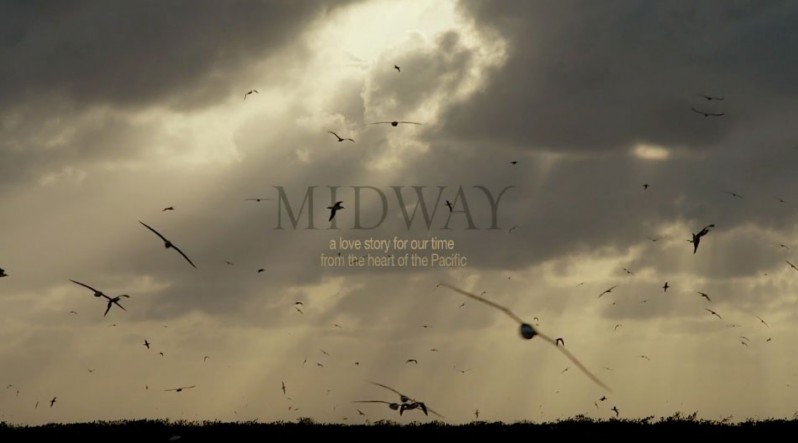
A shocking film from Midway Island in the North Pacific Ocean. By Midway Film.
Biodegradable Plastics Are as Persistent as Regular Plastics, Study Finds
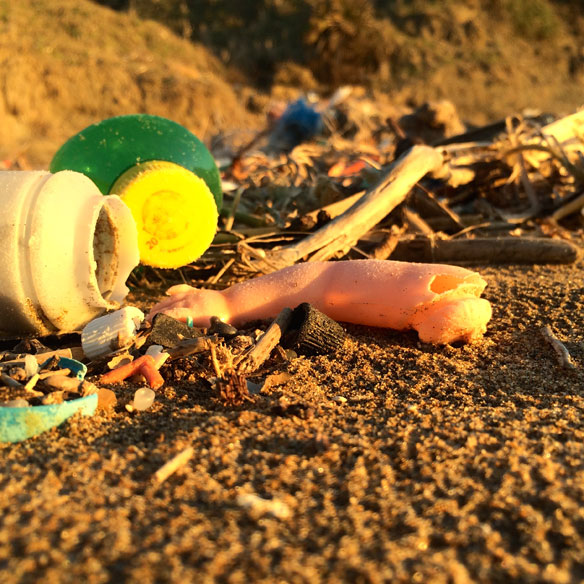
Plastics designed to degrade don’t break down any faster than their conventional counterparts, according to research published in the journal Environmental Science and Technology.
Plastic Debris Takes a Toll on Marine Life
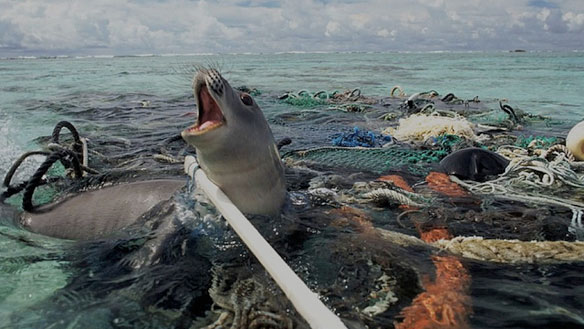
A newly released study, conducted by the University of Plymouth and Natural History Museum, found that there was even more plastic pollution than previously suspected.
Great Barrier Reef Corals Eat Plastic
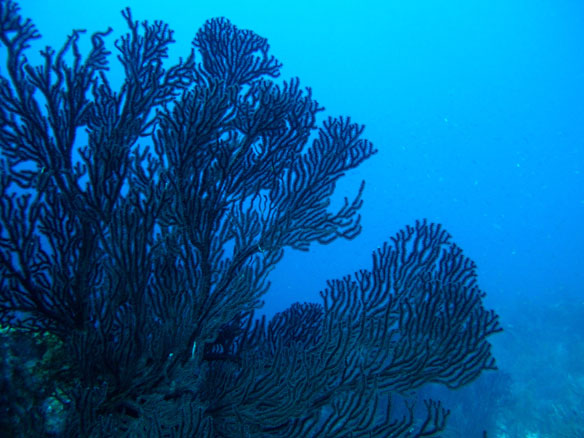
Researchers in Australia have found that corals commonly found on the Great Barrier Reef will eat micro-plastic pollution. Microplastics are tiny fragments of plastic in the environment and are a widespread contaminant in marine ecosystems, particularly in inshore coral reefs.
Global Impact of Debris on Marine Life Studied
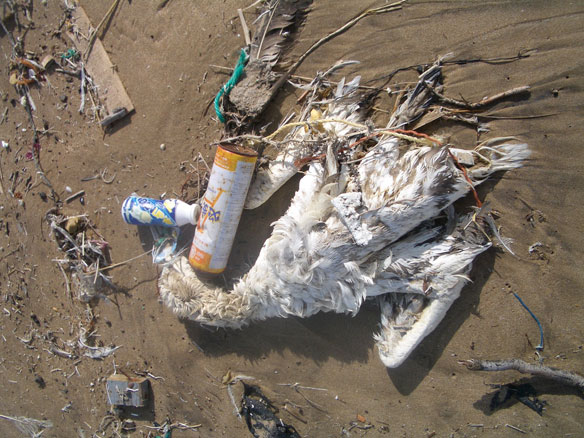
Nearly 700 species of marine animal have been recorded as having encountered humanmade debris such as plastic and glass according to the most comprehensive impact study in more than a decade.
Ocean Plastic is Likely Disappearing Into the Food Chain, New Study Indicates
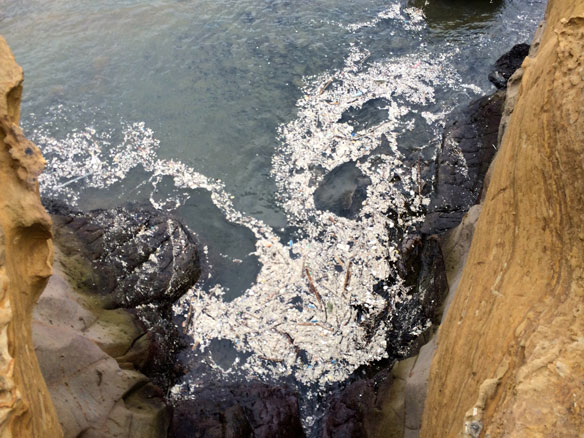
A landmark study finds huge quantities of plastic are entering the ocean. Since much of it isn’t accounted for, we should be concerned about where it’s ending up
Here’s How Much Plastic Ends Up In the World’s Oceans

Every year, 8 million metric tons of plastic end up in our oceans, it’s equivalent to five grocery bags filled with plastic for every foot of coastline.
